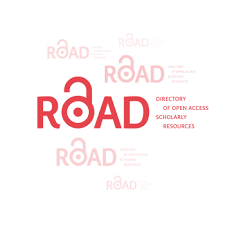Pengembangan Soal Berbasis Problem Based Learning (PBL) Sebagai Pengukur Kemampuan Berpikir Kritis dan Analitis Siswa Pada Materi Sistem Ekskresi Manusia di SMPN 7 Mempawah Hulu
DOI:
https://doi.org/10.31571/jpsa.v7i1.6636Abstract
This study aims to develop Problem Based Learning (PBL) based questions to measure students critical and analytical thinking skills that are valid, practical, and effective. This research method uses research and development (Research and Development) with the ADDIE model (Analyze, Design, Development, Implementation, Evaluation). Indirect communication, and measurement data collection techniques. Data collection tools used validation sheets, questionnaires and tests. The research subjects were class IX SMP Negeri 7 Mempawah Hulu. Data analysis techniques validity and practicality based on questionnaire sheets and Likert scale, while effectiveness based on data from the results of Problem Based Learning questions developed. The results of this study showed that: 1) product validity based on material experts obtained 92.8% very valid category and based on media experts obtained 96.8% very valid category 2) calculation of practicality level obtained 80% practical category 3) calculation of effectiveness level obtained 82% with very effective category. Conclusion: Problem Based Learning (PBL) based questions are classified as valid, practical and effective for use in the learning process as a measure of students' critical and analytical thinking skills.
Downloads
Downloads
Published
How to Cite
Conference Proceedings Volume
Section
License
Copyright (c) 2024 IKIP PGRI Pontianak

This work is licensed under a Creative Commons Attribution-NonCommercial 4.0 International License.
Authors who publish with this journal agree to the following terms:
Authors retain copyright and grant the journal right of first publication with the work simultaneously licensed under a Creative Commons Attribution License that allows others to share the work with an acknowledgment of the work's authorship and initial publication in this journal.
Authors are able to enter into separate, additional contractual arrangements for the non-exclusive distribution of the journal's published version of the work (e.g., post it to an institutional repository or publish it in a book), with an acknowledgment of its initial publication in this journal.
Authors are permitted and encouraged to post their work online (e.g., in institutional repositories or on their website) prior to and during the submission process, as it can lead to productive exchanges, as well as earlier and greater citation of published work.

 Download: 26
Download: 26










